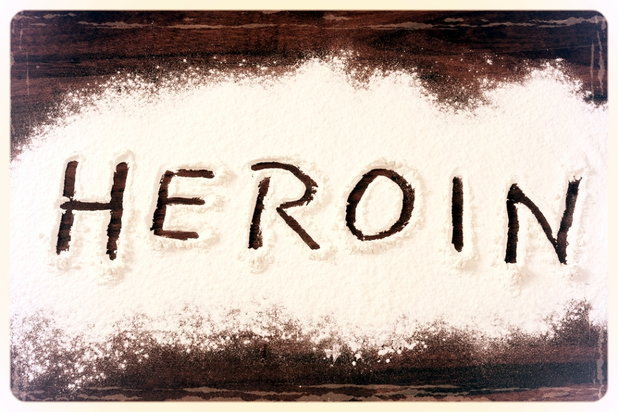Heroin is an illicit drug that is highly addictive, even after just one or two experiences with the drug. It produces strong physical and psychological effects for the user. Heroin is most often injected, but can also be snorted or smoked. Injecting heroin produces the fastest high. Street names for heroin include: smack, junk, brown sugar and horse.
Heroin 101
Heroin is in the opiate class of drugs. Other opiates include morphine, Oxycontin, Vicodin, Dilaudid, Codeine and Methadone.
About nine percent of the U.S. population will misuse or abuse opiates, including heroin and prescription pain medications, at some time during their lifetime. Heroin use and deaths from overdose in the U.S. have doubled in recent years. This is mostly attributed to the abuse of prescription opiate pain medication, which lead to the urge for a stronger high with heroin.
Heroin works by binding to receptors in the brain and blocking pain signals. It interacts with dopamine and endorphins, which are chemicals that regulate pain and emotion. Heroin users experience an initial rush of euphoria followed by a sense that everything seems to be in slow motion. The feeling is described by many as almost like being in a dream state or a dream world.
Heroin Withdrawal Symptoms
Heroin is not a pure substance. There is no way of knowing how strong a hit is or what it is mixed with. Recently, fentanyl, a strong, sedating drug, is often laced with heroin.
Heroin addicts build a tolerance to the drug. This means that more and more of the drug is needed in order to attain the same high.
When heroin is stopped or reduced, withdrawal symptoms usually start within about 12 hours and last up to 30 hours after the last hit of the drug. Withdrawal symptoms include:
- Agitation
- Muscle aches
- Insomnia
- Sweating
- Runny nose
- Fever
- Goose bumps
- Nausea and vomiting
- Diarrhea
- Seizures
Heroin Detox Options
There are several options for heroin detox, which include supportive physical and psychological care and medications that help with withdrawal.
There are inpatient and outpatient programs, which include counseling, therapy sessions and support groups. Some specific options for heroin detox include:
Rapid Opiate Detox (Detox Under Anesthesia)
This choice involves placing the patient under anesthesia and administering large doses of opiate blocking drugs. Rapid opiate detox might reduce withdrawal symptoms, but can be dangerous enough to cause death in some circumstances. This is mostly due to the fact that a patient will undergo withdrawal symptoms while still under anesthesia--especially vomiting--which can cause complications. When vomitus is breathed into the lungs, it is called aspiration. This can be dangerous and, sometimes, deadly.
Clonidine
This drug works to lower anxiety and agitation while also reducing the muscle aches and sweating that are experienced during withdrawal from heroin.
Subutex (Buprenorphine)
This drug is considered to be the most effective treatment by many healthcare professionals. It can shorten the detox time and can be used long-term to prevent typical heroin cravings.
Methadone
Methadone is a synthetic narcotic that eliminates the withdrawal symptoms by affecting the opiate receptors in the brain. It does not cause the highs and lows associated with heroin use. It is taken once a day and each dose works to suppress withdrawal symptoms for 24 to 36 hours. Methadone is a long-term treatment.
Heroin Detox Outcomes
It is important to note that urine and/or blood tests can confirm heroin use. Also, as difficult as withdrawal from heroin is, it is not usually life threatening.
The worst complication of heroin detox is when a patient returns to using the illicit drug after undergoing detox from it. This can sometimes happen when the drug craving overtakes the recovering addict, which leads to relapse. A recovering addict who uses heroin after detox is more vulnerable to overdose, because the body no longer has the same level of tolerance to the drug.
Successful maintenance of heroin detox and recovery necessitates long-term commitment to support groups meeting such as those in a 12-step program. If you or someone you know is seeking help from addiction, please visit our directory of treatment centers or call 800-772-8219 to start the path to recovery today.







